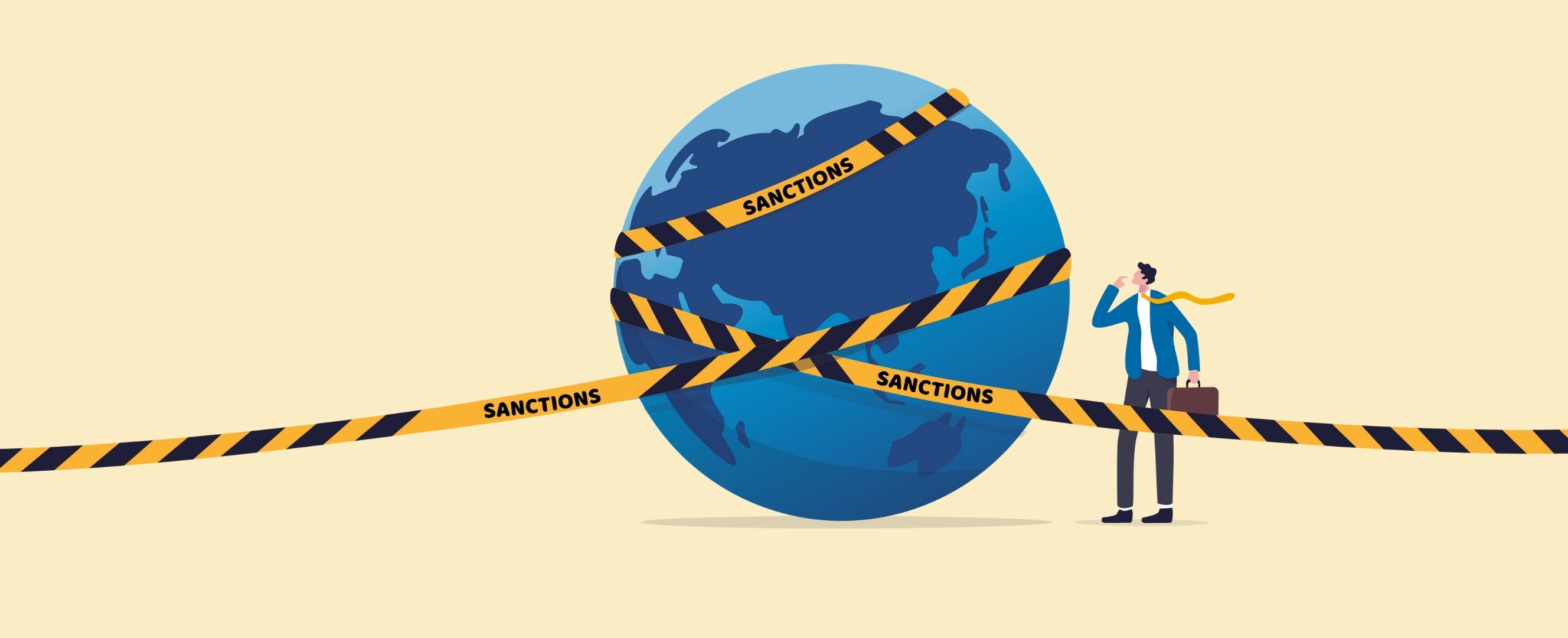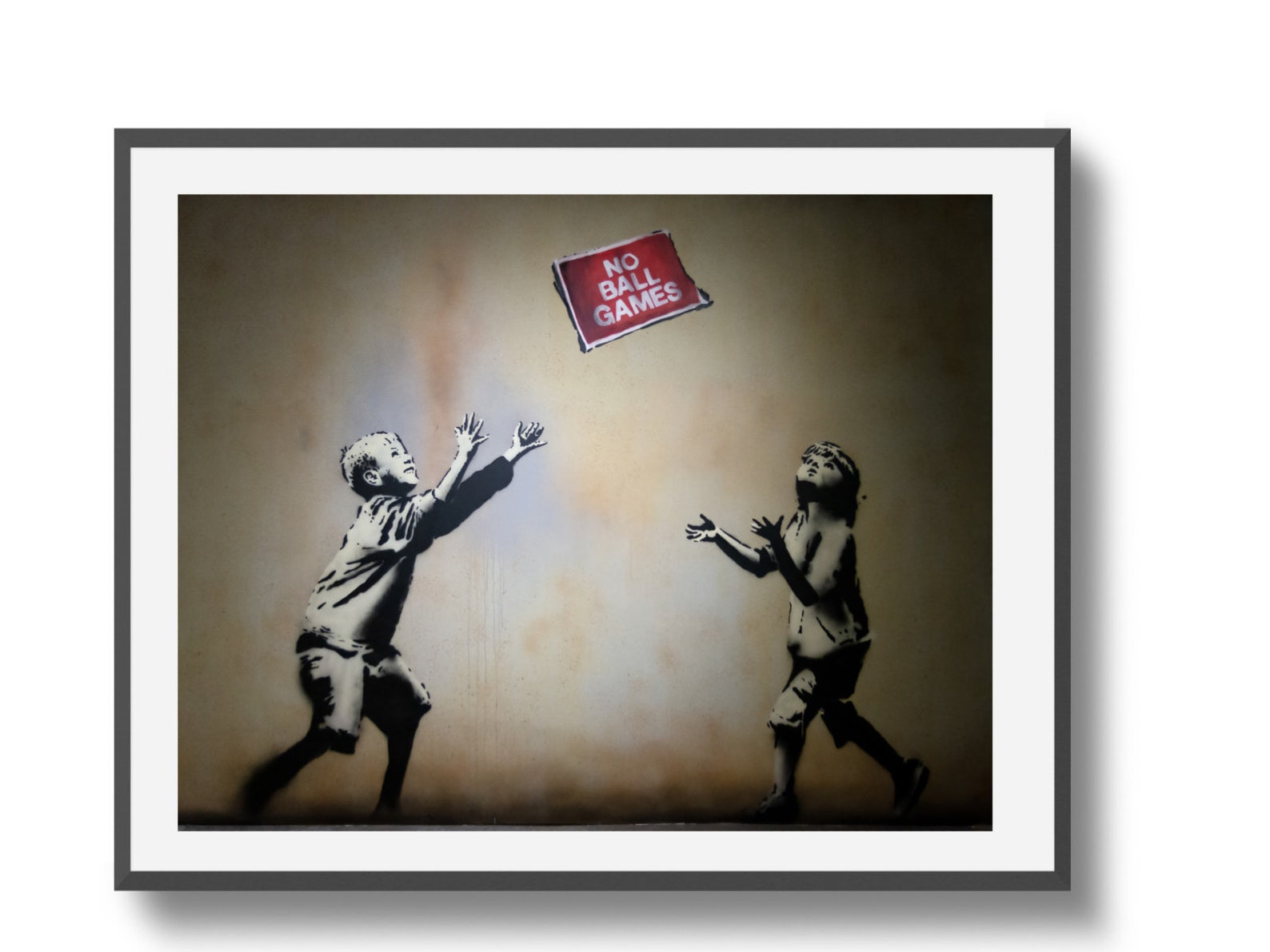US To Sanction Foreign Officials Over Social Media Restrictions

Table of Contents
Targeted Sanctions: Who is Affected and Why?
The US government's targeted sanctions are aimed at specific individuals within foreign governments deemed responsible for human rights abuses related to internet censorship and social media restrictions. These sanctions are not intended as broad, sweeping measures, but rather as focused actions against those directly involved in suppressing online dissent and freedom of expression.
The rationale behind these sanctions stems from a growing recognition that the internet is a crucial component of modern life, and restrictions on online communication represent a significant infringement on fundamental human rights. The US government views these restrictions as violations of international human rights norms, warranting a strong response.
-
Examples of Countries with Strict Social Media Controls: China, Russia, Iran, Myanmar, and several countries in the Middle East and Africa regularly employ stringent methods to control online activity.
-
Specific Instances of Human Rights Violations: These include the arrest and imprisonment of journalists and activists for expressing dissenting opinions online, the blocking of websites and social media platforms, and the widespread use of sophisticated surveillance technologies to monitor online activity.
-
Types of Sanctions Being Imposed: Sanctions can range from financial penalties and asset freezes to travel bans and visa restrictions, effectively limiting the ability of sanctioned officials to participate in international affairs and access global financial systems. The severity of the sanctions often reflects the severity of the actions taken by the sanctioned individuals.
The Legal Framework and International Implications
The US government justifies these sanctions through its interpretation of international human rights law and its commitment to promoting freedom of expression globally. Specific treaties, such as the Universal Declaration of Human Rights and the International Covenant on Civil and Political Rights, undergird the US's assertion that restricting access to social media and suppressing online dissent constitutes a violation of fundamental human rights.
However, these sanctions are not without their complexities. The actions could strain diplomatic relations with affected countries, potentially leading to retaliatory measures and escalating tensions. Furthermore, the legality and efficacy of these sanctions may be challenged in international courts, raising questions regarding jurisdiction and the balance between national sovereignty and international human rights obligations.
-
Relevant International Human Rights Treaties: The Universal Declaration of Human Rights, the International Covenant on Civil and Political Rights, and regional human rights treaties all provide a legal framework for the protection of freedom of expression.
-
Alignment with International Legal Norms: While the US argues its actions align with international law, some critics argue that the sanctions themselves represent interference in the internal affairs of other sovereign nations.
-
Potential Responses from Sanctioned Countries: Sanctioned countries may retaliate with their own countermeasures, impacting diplomatic ties and potentially affecting other areas of cooperation.
Impact on Freedom of Expression and the Global Digital Landscape
The impact of these sanctions on global freedom of expression is multifaceted and potentially significant. While proponents argue that the sanctions will deter other governments from imposing similar restrictions, critics counter that such actions may only strengthen authoritarian regimes' resolve to control information and suppress dissent. Further, the effectiveness of sanctions in changing government behavior is often debated. The unintended consequence of increased censorship and surveillance cannot be discounted.
Social media has become a critical tool for political and social movements, playing a vital role in organizing protests, disseminating information, and mobilizing public opinion. By restricting access to these platforms, governments undermine the ability of citizens to exercise their fundamental rights.
-
Potential Positive and Negative Impacts on Freedom of Expression: Positive impacts could include increased awareness of human rights violations and greater pressure on repressive regimes. Negative impacts might include an increase in government surveillance and the further restriction of online freedoms.
-
Role of Social Media in Political and Social Movements: Social media platforms have proven instrumental in facilitating political and social change across the globe.
-
Alternative Strategies for Promoting Internet Freedom: Promoting digital literacy, supporting independent media, and developing secure communication technologies are crucial alternative approaches.
The Role of Tech Companies in Global Censorship
Tech companies are not mere bystanders in this complex situation. They face difficult choices when operating in countries with restrictive social media policies. Balancing compliance with local laws while upholding their own principles of free speech and user data privacy poses significant ethical and operational challenges. The question of corporate responsibility in the face of censorship remains a critical area of discussion and debate. Transparency in data handling and active efforts to mitigate the risk of abuse are crucial for tech companies' continued ethical operation within these difficult environments.
Conclusion
The US decision to sanction foreign officials over social media restrictions marks a significant development in the ongoing struggle for internet freedom. These sanctions, while aiming to promote human rights and curb online censorship, present complex legal and diplomatic implications. The impact on freedom of expression and the global digital landscape remains to be fully seen.
It's imperative to remain informed about these developments. Engage in discussions on the ethics of global internet governance, and support organizations dedicated to promoting internet freedom and digital rights. Only through collective action and a commitment to open dialogue can we hope to create a truly free and open digital world. The fight for digital freedom requires our continuous attention and proactive engagement; we must actively combat restrictions on social media and uphold the fundamental right to online expression.

Featured Posts
-
 Banksy Print Sales A 22 777 000 Market Report
May 31, 2025
Banksy Print Sales A 22 777 000 Market Report
May 31, 2025 -
 Novak Djokovic Tenis Duenyasini Sarsan Rekor
May 31, 2025
Novak Djokovic Tenis Duenyasini Sarsan Rekor
May 31, 2025 -
 Covid 19 A New Variant And The Implications For Global Health
May 31, 2025
Covid 19 A New Variant And The Implications For Global Health
May 31, 2025 -
 Analysis The Role Of A New Covid 19 Variant In Recent Case Increases
May 31, 2025
Analysis The Role Of A New Covid 19 Variant In Recent Case Increases
May 31, 2025 -
 Minnesota Faces Air Quality Emergency Due To Canadian Wildfires
May 31, 2025
Minnesota Faces Air Quality Emergency Due To Canadian Wildfires
May 31, 2025
